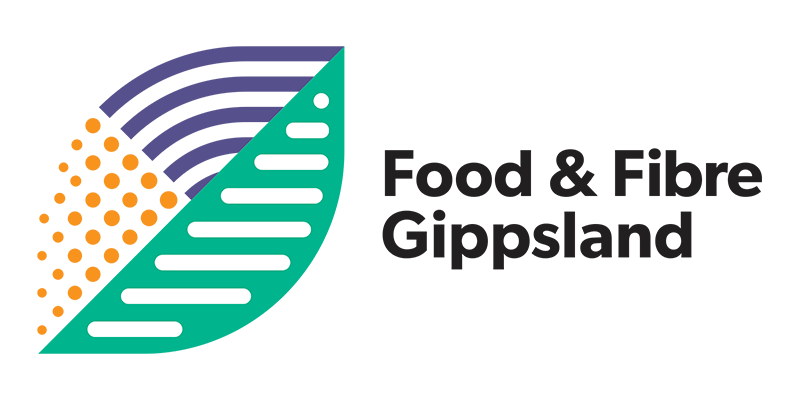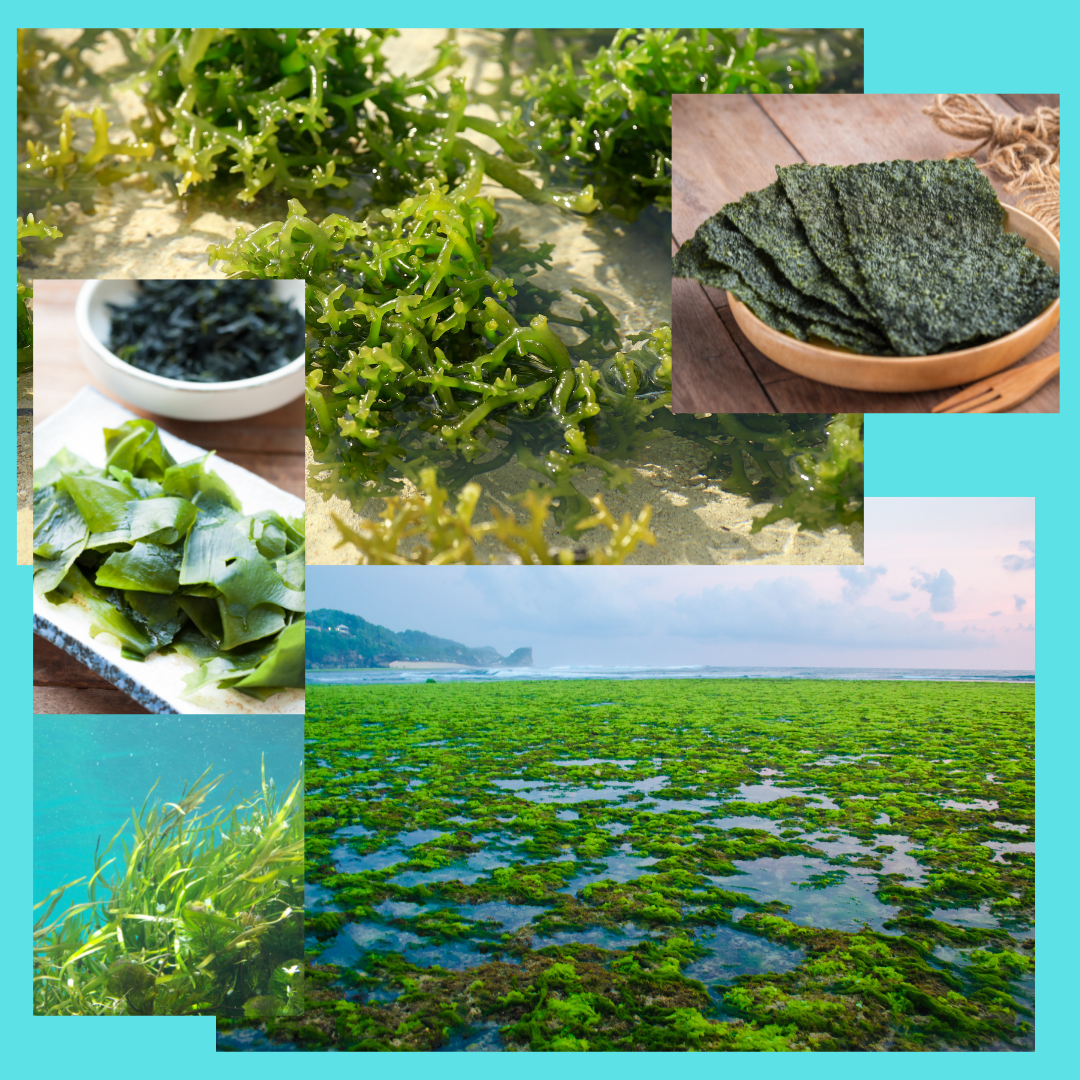Seaweed-a viable industry?
Seaweed is rapidly gaining recognition and momentum worldwide as a versatile, sustainable and nutritious source of protein, and it could well be the next innovative crop for which the food bowl of Gippsland is known for.
Food & Fibre Gippsland, in partnership with the Latrobe Valley Authority, is pleased to announce that Deakin University’s Blue Carbon Lab has been commissioned to undertake a comprehensive geophysical study of the Gippsland coastline to determine the local potential of a commercial seaweed industry.
This collaborative piece of work is a region-first and will set the direction for future development of a local industry.
Seaweed is a valued food and feed source, with the potential to reduce Australia’s overall greenhouse gas emissions by 3% per annum from 2025 onwards with the right industry development. But right now as an industry, seaweed growing remains vastly uncommercialized in this country.
International seaweed growing initiatives have successfully utilised wind farms and other offshore structures to support seaweed growth, removing the need to set up ropes or bespoke platforms to establish growth areas for the selected species. This integration with existing infrastructure gives a seaweed farm the ability to become its own complete ecosystem, rather than be an isolated single purpose structure.
Gippsland, with its 600+km of coastline and a variety of favourable marine conditions, may just be the place for this exciting industry to grow. The study will answer key questions around seaweed and water quality; existing seaweed distribution; and spatial considerations pertaining to the establishment of a commercial industry.
The many different varieties of macroscopic and microscopic algae commonly known as seaweed are believed to present a massive opportunity for Australian coastal communities. Agrifutures’ “Australian Seaweed Industry Blueprint” projects a >$100m GVP industry generating more than 1200 jobs could be possible by as soon as 2025.
With a growth rate of up to 30 times that of land-based plants, growing seaweed commercially has many benefits to the local economy and environment. A fast-growing crop that requires no traditional agricultural practices like fertiliser and irrigation, it also provides shelter, a food source and optimum conditions for fish growth by improving nutrient levels in the water.
Should the study demonstrate a positive case for catalysing a seaweed-based industry, regional stakeholders and partners will work through the Gippsland Smart Specialisation Strategy (GS3) methodology of collaborative regional development to build a business case for government and private investment into the industry.
F&FG CEO Nicola Pero is excited about the possibilities.
“There are multiple opportunities across the entire seaweed value chain – from the creation and maintenance of the seaweed hatcheries to harvesting the fast-growing crops, processing locally into a range of products and then distributing both domestically and internationally.
“With our clean, green reputation for quality produce, the introduction of a Gippsland seaweed product would take our trusted provenance offering to another level, and potentially expose the region to some lucrative new export markets “.
Smart Specialisation Program Manager Ben Gebert believes another layer of benefits also have the long-term potential to deliver ongoing positive impact to the regional visitor economy.
“Seaweed farming can provide or restore fish and shellfish habitats, improving the biodiversity of fish populations in the area and creating opportunities for multi-species aquaculture, ecotourism (through diving) or recreational fishing” he said.
The use of seaweed will be evaluated for its highest return first which is in the creation of premium human consumable products. There are secondary processing opportunities to also be considered, including the use of some species as an organic bio-stimulant / fertiliser and a biofuel.
The study is expected to be complete by late June 2022.




